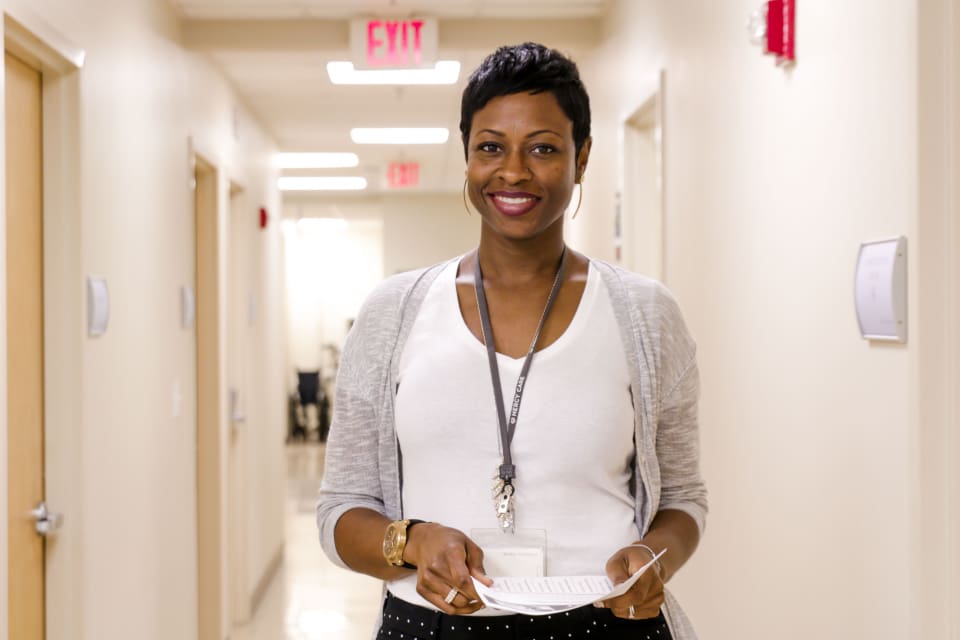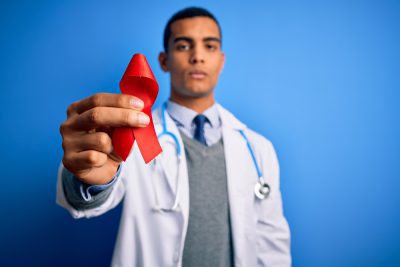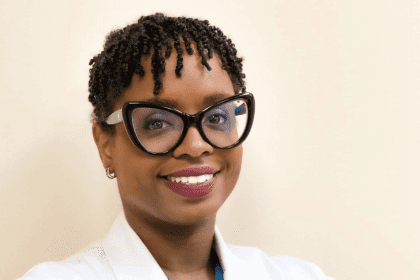
One cannot emphasize enough the importance of annual medical checkups. It is recommended that people get tested for common ailments such as hypertension, diabetes and cholesterol. For sexually active people who may have multiple partners it is imperative they should get tested for sexually transmitted Infections and HIV annually.
One in eight people with HIV don’t know they have it. According to the CDC, the epidemic of HIV in Atlanta is compared to many third-world countries in Africa. The CDC also recommends persons living in surrounding metro Atlanta counties should get tested by a local health provider annually. The fact that the average person lacks knowledge about HIV, compounded with stigmas and disparities creates the need for an infectious disease linkage coordinator.
LaShay Smith, a registered nurse by trade, is the infectious disease linkage coordinator for Mercy Care. Part of Smith’s responsibility is to coordinate and link patients with continuous care and treatment. In addition to coordinating, she has the task of educating individuals on how to make healthy lifestyle changes if positively diagnosed with HIV, “[patients] should eat healthy, exercise, get proper rest get treated and stay in care.” She also reiterated the importance of annual checkups and visits as essential to ensure patients are taking all the precautions necessary to live a healthy lifestyle.
Smith’s HIV conversation with rolling out continues below.
Do you see a racial divide between the Black, White and Latino community? Who is most at risk?
There appears to be a racial divide based on the clientele seen here in the Early Intervention Clinic Department. The majority of the clients we see are Black and MSM or transgender.
Do you see any disparities among White and Black patients?
There are significant disparities for the population that we service from education, healthy choices for food to wage gaps and lack of transportation.
The HIV conversation appears to have lost momentum; how do we start the dialogue within our communities and with the millennium generation?
The conversation starts with prevention and raising awareness regarding the importance of getting tested. This can be accomplished through more outreach programs as well as case management and social services. People need to realize that testing positive is no longer a death sentence and that with proper treatment; they can live a normal life.
Do you believe HIV can be eradicated?
I have faith that eventually it will be eradicated, but we as a community and the pharmaceutical industry, have a great deal of work to do to reach this point. For now, the primary focus is to keep the clients virally suppressed by assuring that they remain in care.















